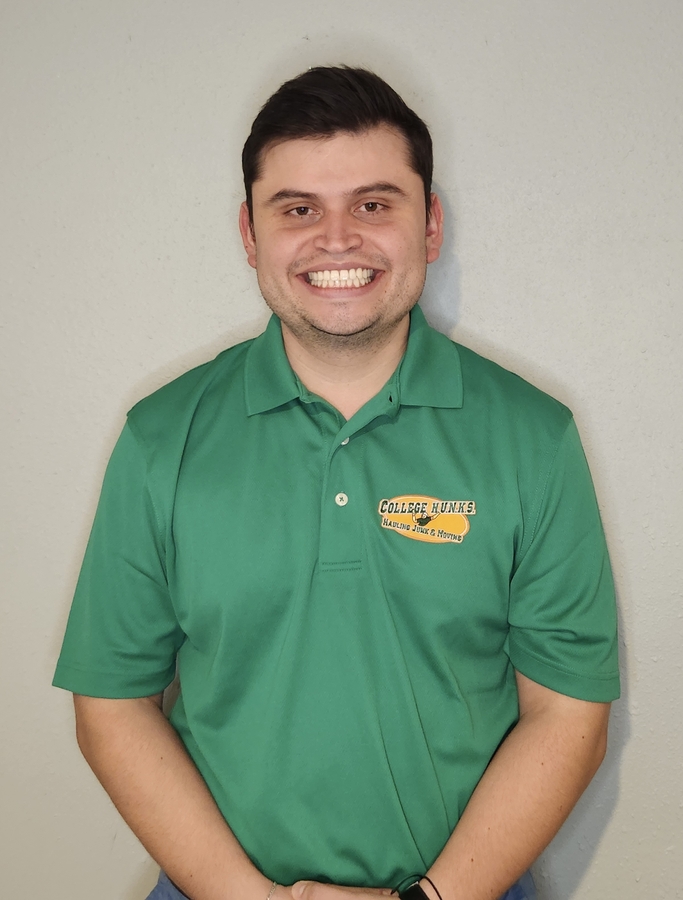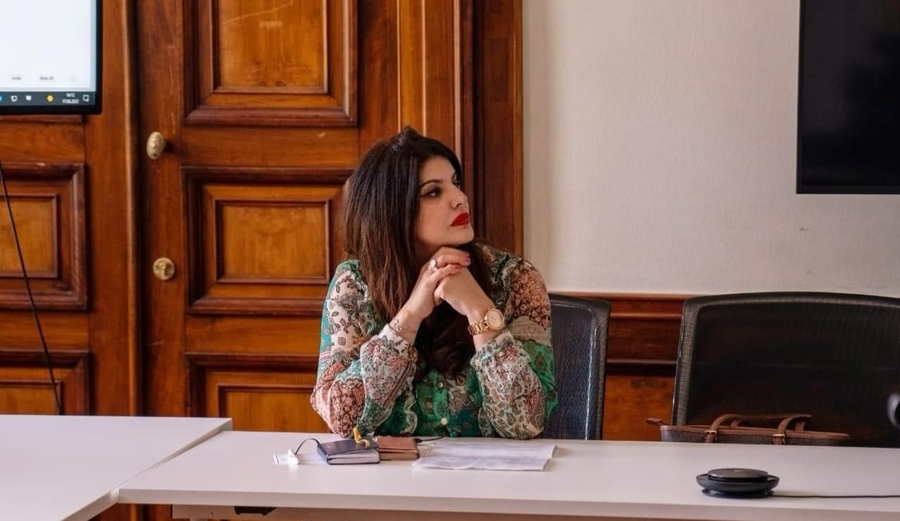Lifestyle Beyond Sustainability
PROVO, UT, August 02, 2024 /24-7PressRelease/ — “Rainbird Development Company, BLLC has formed a partnership with Rainbird Village Municipality to build a resident-owned producer cooperative in Utah County. Our mutual aim is to create a prototype “Home Rule” community that sets a new standard for what author Michelle Holliday defines as Thrivability: ‘The ongoing ability of life to thrive at every level within a living system’ in her book The Age of Thrivability,” says Harrison Quigley, Co-founder.
Rainbird Village conducted an intensive SWOT analysis of the various attempts at creating more livable communities – ecovillages, co-housing, communes & kibbutz, homesteader communities, company towns (e.g., Hershey, PA), enterprises campuses, eco-friendly bedroom communities (e.g., Village Homes), early Utah cooperatives, etc. – the strengths and weaknesses, successes and fatal flaws of each type were identified.
The one that scored the highest in longevity, scalability, and OCED Well-being Framework metrics was the Mondragon Cooperative. “Starting off as small manufacturing cooperative in the rural backwaters of the Basque country of post-war Spain, over its 70 years of existence the Mondragon Cooperative worked through and resolved most of the weaknesses and fatal flaws we identified in our SWOT analysis of community types to evolve into a global network of producer cooperatives,” noted Colleen Grant Dick, Rainbird Village Founder.
Building upon the strengths of the Mondragon Cooperative, the partners designed a community concept that incorporates those strengths – primarily in its governance model that achieves a healthy mix of limited hierarchy, employee ownership and liquid democracy – with upgrades that solve societal challenges governments have been attempting to solve for decades that Is beyond “sustainability” (i.e., maintaining a status quo) by being “regenerative” (i.e., restoration and continuous improvement of symbiotic living systems).
The design they settled upon consists of:
Jobs: All residents of the village would be employee-owners of the municipal producer cooperative, providing products and services for the public good:
• Municipal Operations Management, including IT & Telecom, Legal & Security, Fire, Energy & Water, Waste Management, Accounts Management, Quality Assurance, Marketing & Public Relations, etc.,
• Fresh & Value-added Food products from on-site regenerative agriculture & agroforestry,
• Maker Spaces where on-site craftsmen would provide clothing from fibers & leathers from the village animals or locally sourced and hand-crafted wood, metal, fabric, pottery, and artistic items products,
• Education services through on-site K-12 self-directed programs, mentored skills training, seminars & workshops, and higher education by a Regenerative Arts & Ecology Institute,
• Health & Wellness services through on-site Integrative & Holistic Medicine clinic & wellness spa,
• Recreation & Hospitality through ecotourism, RV park, corporate wellness retreats, events hosting.
Housing: Instead of just providing an office, all residents would be provided housing maintained by the cooperative as a benefit of employee-ownership, thus eliminating the greatest expense (average 50% of take-home pay) for most people in the form of mortgage payments, utilities, homeowner insurance, property tax, telecommunications, security, maintenance & upkeep. In addition to keeping 50% of their take home pay, housing equity, which Mr. Quigley claims is, “normally dependent upon the vagaries of housing market booms & depressions and only after years of upfront interest payments” would be substituted for with stock equity in the cooperative, the value of which would be under their control commensurate with their own productivity.
Fresh & Value-added Food: In addition to eating at the municipal cafeteria as a benefit of employee-ownership, could buy food from the envisioned on-site farmers market, general store, C-store, or hospitality restaurants with cash or village tokens.
Education: Aside from subsidized job-related education, resident employee-owner and family could get education through schools the cooperative would provide to the public as mentioned above.
Healthcare: On top of employer healthcare insurance, resident employees could get Health & Wellness services the cooperative would provide to the public as mentioned above with cash or village tokens.
Same for the other services the municipality would provide to the public.
Banking: Employee owners would be membership of a municipal credit union that would provide routine banking services.
All told:
• By saving an average of 50% of their take home pay in not having to buy, insure and maintain a bank-owned home in a mortgage & property tax plantation,
• By not having to buy and maintain two cars for the costs and risks of daily work commutes through living and working on-site,
• By mitigating the cost of healthcare through employer health insurance, on-site heath & wellness facilities, and affordable nutritious non-toxic fresh foods grown on-site or locally sourced, eliminating the costs of unnecessary supply chain middleman,
• By mitigating the cost of education & training through on-site schools with curricula in which they had a direct say, and
• By placing their prosperity under their direct control instead of at the effect of market booms & depressions,
“People could free themselves from the parasitic economic treadmill in which conventional society is trapped as the only option for maintaining a barely livable lifestyle on credit. This would enable them to truly thrive in vocations that align with their purpose for being in a convivial community that supports and celebrates their successes,” says Quigley.
Does this design sound like a Utopian fantasy? You decide.
Utopian vs Protopian
“Utopia” means “nowhere” and denotes a static state of cultural and political perfection… It’s ideological in the negative sense of the word, i.e. tunnel-visioned according to a scheme of good and evil.”
“Protopia”, coined by futurist Kevin Kelly… is defined as the opposite of a “Dystopia” … like George Orwell’s … 1984. A Protopian society, then, is one where people are free from [imposed ideology] … and can thus work actively to improve life … one that has the capacity to become incrementally better [because of] the freedom of its members.”
Source: What’s The Difference between Utopia, Eutopia and Protopia? Published 06 February 2022 by Hanzi Freinacht
Rainbird Development has spotted a location Utah County ideal for rapidly making their design prototype a real-world reality for Rainbird Village Municipality and are seeking funding for Phase One – acquisition, development and launch of immediate municipal operations. If this is something you would like to contribute to, contact us.
Rainbird Development Co., BLLC, a team of professionals who build whole-systems towns & villages for prosperous, regionally self-reliant employee-owned companies and producer cooperatives.
Related Link:
https://www.rainbirddev.com
—
For the original version of this press release, please visit 24-7PressRelease.com here





